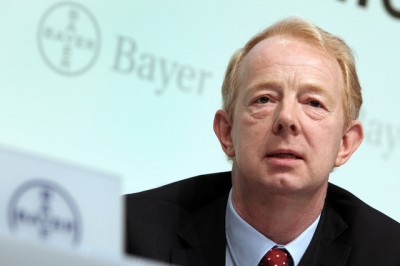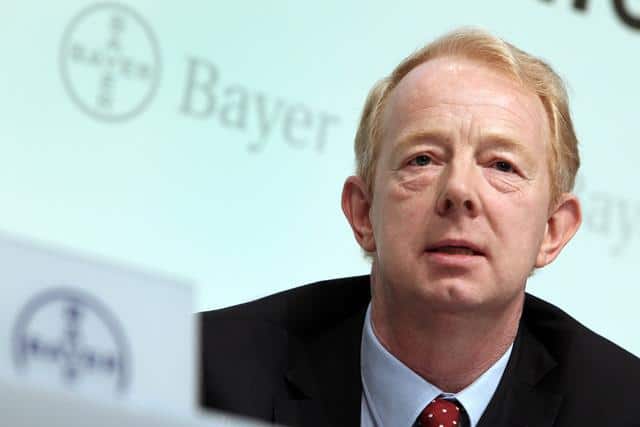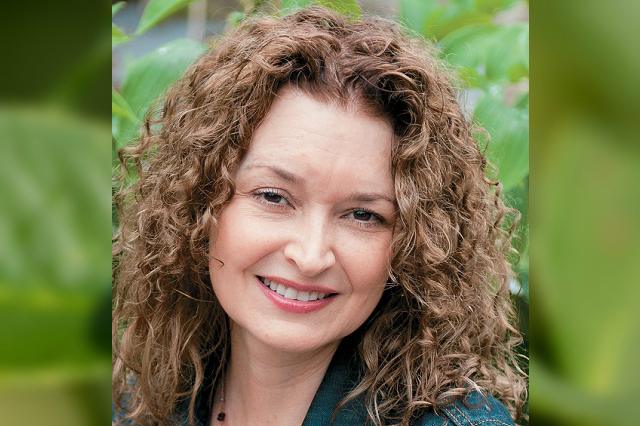 The CEO of one of the world’s largest pharmaceutical companies has admitted that one of his company’s expensive cancer drugs is only for rich people in developed nations.
The CEO of one of the world’s largest pharmaceutical companies has admitted that one of his company’s expensive cancer drugs is only for rich people in developed nations.
“We did not develop this medicine for Indians,” Bayer CEO Marijn Dekkers said at the Financial Times Global Pharmaceutical & Biotech Conference in December. “We developed it for western patients who can afford it.”
Dekkers was talking about Nexaver, a cancer drug his company markets. He was angry because India’s government recently issued a company called Natco Pharma Ltd a patent that allows it to manufacture and market a cheaper, generic version of Nexaver in that country. Nexavar is the brand name for sorafenib, which is used to treat kidney and liver cancer.
Generic Cancer Drug will cost 97 percent less than Brand Name
Bayer currently charges $96,000 for a year’s worth of Nexaver, Britain’s Daily Mail reported. A year’s worth of Natco’s generic sorafenib will cost around $2,800 but will only be available in India. That means generic sorafenib will cost 97 percent less than Nexaver for a year’s course of treatments.
“Bayer is effectively admitting the drugs they develop are deliberately going to be rationed to the wealthiest patients,” Manica Balasegaram of the French charity Medecins Sans Frontieres (Doctors without Borders) told the press.
Not surprisingly, Dekkers’ comments generated a firestorm of controversy.
Critics Allege Poor Shut out of Pharmaceuticals
The Indian government’s approval of Nacto Pharma’s patent is “essentially theft,” Dekkers charged. His argument is that Bayer paid to develop the drug — so it should profit from it.
The hidden secrets of making herbal medicines…right at your fingertips!
Bayer, based in Germany, is a publicly traded company that reported revenues of $52.76 billion on September 30, 2013. On Jan. 27, 2014, Bayer’s stock was trading at $134.11 a share.
Critics such as Balasegaram have long complained that pharmaceutical companies value profits more than patients. Some of them also allege that such corporations are only interested in developing drugs for Americans, Japanese and other countries with money.
“Those who can’t afford to pay are basically cut out of the system,” Balasegaram said of the current patent system for drugs. Critics have complained that patents enable pharmaceutical houses to put a huge markup on drug costs.
How Big Pharma Gave You Obamacare
Unfortunately the US media may ignore his comments because of all the money it makes from drug advertising.
Nor has the media been willing to expose the pharmaceutical industry’s role in the creation of Obamacare. Last year House Republicans turned emails that exposed the pharmaceutical industry’s collusion with the Obama Administration over to The Wall Street Journal.
“It turns out Big Pharma was also serving as head chef, maître d’hotel and dishwasher,” The Journal’s staff wrote of efforts to get the Affordable Care Act passed. “Though some parts of the story have been reported before, the emails make clear that Obamacare might never have passed without the drug companies.”
Among other things, the emails reveal that the Pharmaceutical Research and Manufacturers of America or PhRMA, a trade association, and its political action committees spent $150 million on advertising designed to promote Obamacare. Around $70 million of that advertising directly benefited the White House, Ed Morrissey noted at the Hot Air blog.
PhRMA spent the money to ensure Obamacare covered prescription drugs. In other words, America’s government, unlike India’s, appears to be more interested in helping pharmaceutical companies make money than helping sick people get medicine. One has to wonder how long Americans will tolerate this system.
Sign up for Off The Grid News’ weekly email and stay informed about the issues important to you











